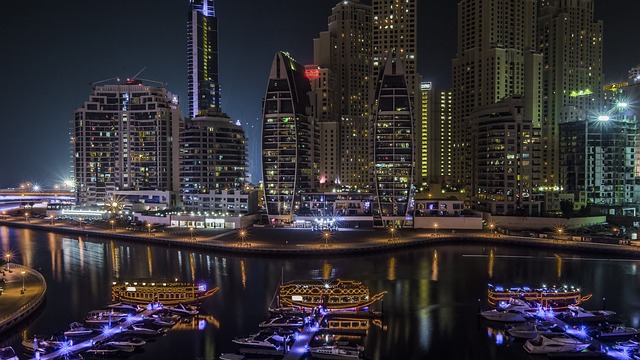The Mastercard Economics Institute has released its annual projection for the next year, which illustrates how a new global economy will affect growth and consumer spending patterns. The analysis predicts that some markets will experience inflation and increasing interest rates more strongly than others.
On the other hand, unemployment rates are anticipated to fall in several nations, including the UAE and Saudi Arabia, indicating more optimism among job hunters. The ‘Economic Outlook 2023’ is based on several public and private data sets and algorithms designed to forecast economic activity in the Eastern Europe, Middle East, and Africa (EEMEA) area.
Key Findings:
- After years of a housing boom, increased loan rates are likely to stifle cost-of-living budgets, resulting in a significant change in consumer spending patterns. In major developed nations, housing-related expenditure as a proportion of goods is projected to decrease by 4.5% by 2023, falling below pre-pandemic levels.
- In the UAE, housing-related expenditures remained the same in 2022 as they were in 2019 (5.9%). This was likewise the situation in the majority of other EEMEA markets, including Saudi Arabia (10.9%).
- This year, supermarket customers made 31% more visits to the store than they did in 2019 in part to limit food waste although their average expenditure per visit decreased by around 9%.
- In September 2022, shoppers in the UAE made 28% more journeys to the grocery store compared to September 2019 but spent 21.4% less on each trip.
- Lower-income families will feel the strain more than others as food and energy expenses absorb a larger portion of consumer budgets.
- The Mastercard Economics Institute anticipates a reduction in inflationary pressure next year, with the average inflation rate of developed countries declining from 7.1% YOY in Q4 2022 to 3.0% YOY in Q4 2023.
- Numerous economies in the Middle East and Africa exhibited a wider disparity between affluent and non-affluent families in 2019 compared to 2022, including Morocco (71%) and Jordan (60%).

















More Stories
US Imposes 25% Tariffs on Japan, South Korea, and Others Tourism Sector Faces Uncertainty
Say Goodbye to Carry-On Fees: EU to Make Hand Luggage Free for All Passengers
Norway to Introduce 3% Tourist Tax at Hotspots from 2026 to Tackle Overtourism